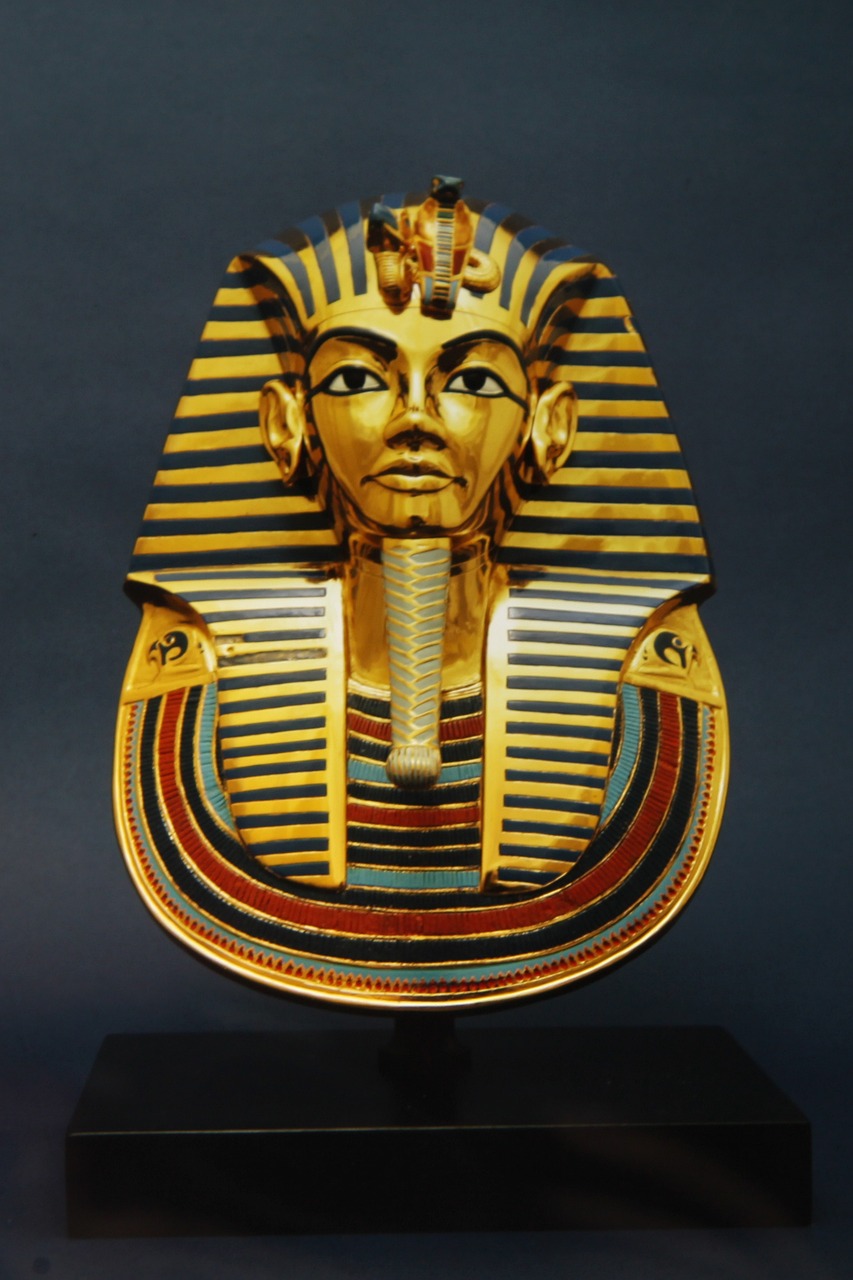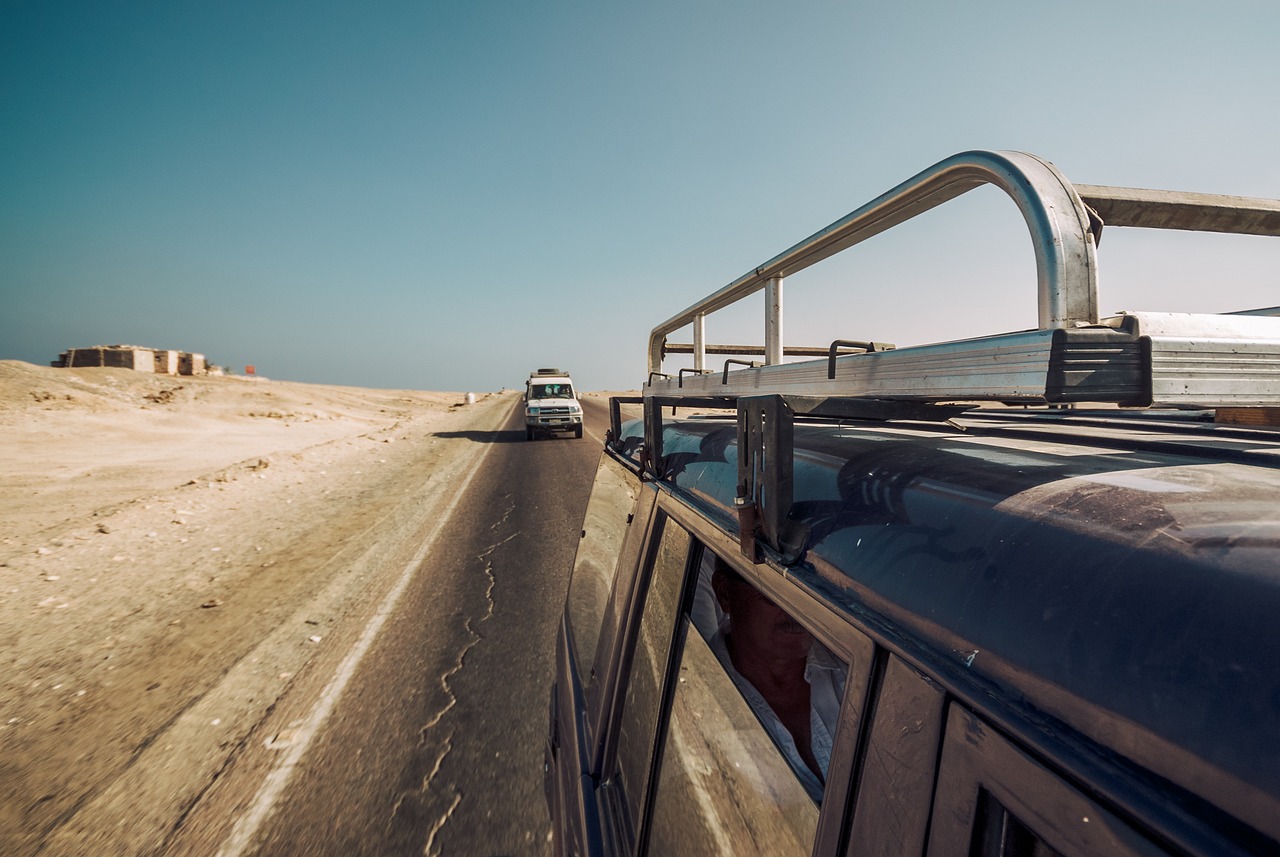Egypt Video
Banking and Financial Services for Nomads in Egypt
Egypt is a country rich in history, culture, and natural beauty, making it an attractive destination for nomads seeking new experiences. However, when it comes to managing finances and banking services, nomads often face unique challenges. In this article, we will explore the banking and financial services available for nomads in Egypt, providing detailed information and guidance for a seamless financial experience during your stay.
Section 1: Introduction to Egypt’s Banking System
Egypt’s banking system is robust and well-developed, offering a wide range of services to both residents and non-residents. The Central Bank of Egypt (CBE) acts as the regulatory authority, overseeing the operations of various banks and financial institutions in the country. These institutions provide services such as personal and business accounts, loans, credit cards, and foreign currency exchange.
- Personal Accounts: Most banks in Egypt offer a variety of personal accounts tailored to meet the needs of individuals. These accounts may include savings accounts, current accounts, and fixed deposit accounts. Nomads can choose the account type that suits their financial goals and requirements.
- Business Accounts: For nomads engaged in entrepreneurial activities or running a business in Egypt, opening a business account is essential. Business accounts allow for efficient management of finances, including receiving payments, making transactions, and accessing credit facilities.
- Loans: Egyptian banks provide loans to individuals and businesses for various purposes, such as purchasing property, financing education, or expanding a business. Nomads with a valid residence permit or proof of income may be eligible for loans, subject to the bank’s terms and conditions.
- Credit Cards: Many banks in Egypt offer credit cards with various benefits and rewards programs. Nomads can apply for credit cards, which provide convenience and flexibility for making payments both locally and internationally.
- Foreign Currency Exchange: Egyptian banks facilitate foreign currency exchange services, allowing nomads to convert their money into Egyptian pounds (EGP) or vice versa. This service is especially useful for nomads who earn income in foreign currencies.
Egypt Image 1:

Section 2: Opening a Bank Account in Egypt
Opening a bank account in Egypt as a nomad is a straightforward process that requires a few essential documents and identification. Most banks have specific requirements that may vary slightly, but the general steps to open a bank account are as follows:
- Choose a Bank: Research and select a bank that offers the services and features you require. Consider factors such as accessibility, fees, and customer service.
- Visit the Bank: Visit a branch of your chosen bank in person. Ensure you have all the necessary documents and identification.
- Required Documents: When opening a bank account, you will typically need to provide the following documents: a valid passport, proof of address (utility bill or rental agreement), proof of income, and a valid residence permit if applicable.
- Account Application: Fill out the account application form provided by the bank. Provide accurate information and review the terms and conditions associated with the account.
- Deposit Funds: Some banks may require an initial deposit to activate the account. Deposit the required amount, which may vary depending on the type of account.
- Receive Account Details: Once your account is opened, the bank will provide you with the necessary account details, including an account number and any associated cards or checkbooks.
Section 3: Online and Mobile Banking Services
Egyptian banks have embraced digital technology, offering online and mobile banking services to enhance convenience and accessibility for their customers. These services enable nomads to manage their finances anytime, anywhere, without the need to visit a physical bank branch.
- Account Access: Online and mobile banking platforms allow nomads to access their accounts, check balances, view transactions, and manage their finances remotely.
- Fund Transfers: Nomads can transfer funds between their own accounts or make payments to other individuals or businesses through online or mobile banking platforms.
- Bill Payments: Egyptian banks provide the option to pay bills directly through online and mobile banking, saving time and effort.
- Card Management: Nomads can manage their credit and debit cards through online and mobile banking, including activating cards, setting spending limits, and reporting lost or stolen cards.
- Alerts and Notifications: Banks offer real-time alerts and notifications via email or SMS to keep nomads informed about their account activities, ensuring enhanced security and monitoring.
Egypt Image 2:

Section 4: ATMs and Cash Withdrawals
ATMs are widely available throughout Egypt, making cash withdrawals convenient for nomads. Major banks have extensive ATM networks in urban areas, tourist destinations, and commercial centers. Here are some important points to note about ATMs in Egypt:
- Accessibility: ATMs can be found in various locations, including bank branches, shopping malls, hotels, and popular tourist spots.
- International Cards: Most ATMs in Egypt accept international debit and credit cards, including Visa, Mastercard, and American Express. However, it is advisable to inform your bank about your travel plans to ensure uninterrupted card usage.
- Withdrawal Limits: ATMs in Egypt typically have daily withdrawal limits, which may vary depending on the bank and card issuer. Check with your bank to determine your specific withdrawal limit.
- Fees: Nomads should be aware that ATM withdrawals using international cards may incur fees, including currency conversion fees and ATM usage fees. Familiarize yourself with your bank’s fee structure to avoid surprises.
- Security: Exercise caution when using ATMs, especially in crowded areas. Shield your PIN when entering it and be vigilant of your surroundings to avoid card skimming or theft.
Section 5: Currency Exchange in Egypt
Currency exchange services are readily available in Egypt, allowing nomads to convert their foreign currency into Egyptian pounds (EGP). Here are some key points to consider when exchanging currency:
- Exchange Rates: Exchange rates fluctuate daily. It is advisable to compare rates offered by different exchange bureaus to ensure you get the best value for your money.
- Exchange Locations: Currency exchange services can be found at airports, banks, exchange bureaus, and some hotels. Banks generally offer competitive rates, while exchange bureaus may have flexible operating hours.
- Identification: When exchanging currency, you may be required to present a valid passport or identification document. Ensure you have the necessary identification on hand.
- Transaction Fees: Some currency exchange services may charge transaction fees or commission. Inquire about any additional charges before proceeding with the exchange.
- Be Cautious: Exercise caution when exchanging currency with street vendors or unofficial sources. Stick to reputable establishments to ensure the authenticity of the currency and avoid scams.
Egypt Image 3:

Section 6: Investment Opportunities in Egypt
Egypt offers various investment opportunities for nomads looking to grow their wealth or diversify their portfolio. The country has a thriving economy and sectors such as real estate, tourism, and renewable energy present attractive prospects. Here are some investment options in Egypt:
- Real Estate: Investing in Egyptian real estate, particularly in popular cities like Cairo, Alexandria, or Hurghada, can yield profitable returns. Consider consulting with a reputable real estate agent or developer for guidance.
- Stock Market: The Egyptian stock market, represented by the Egyptian Exchange (EGX), provides opportunities for investment in publicly listed companies. Nomads can invest in stocks, bonds, or mutual funds through brokerage firms.
- Tourism Sector: Egypt’s tourism sector is a promising investment avenue. Opportunities exist in hotel and resort development, tour operators, and travel agencies catering to both domestic and international tourists.
- Renewable Energy: With a growing focus on sustainable development, Egypt offers investment opportunities in renewable energy projects such as solar and wind farms. These projects receive government support and incentives.
- Consult Professionals: Before making any investment, it is advisable to consult with financial advisors, lawyers, or investment professionals who have expertise in the Egyptian market to make informed decisions.
Section 7: Insurance Services for Nomads
Insurance is an essential aspect of financial planning for nomads in Egypt. Various insurance services are available to protect against unforeseen events and provide peace of mind. Here are some insurance options for nomads:
- Health Insurance: Nomads should consider obtaining health insurance to cover medical expenses during their stay in Egypt. Research insurance providers that offer comprehensive coverage and have a network of healthcare facilities.
- Travel Insurance: Travel insurance provides coverage for trip cancellations, lost luggage, medical emergencies, and other travel-related incidents. It is recommended for nomads visiting Egypt to have travel insurance for added protection.
- Vehicle Insurance: If nomads plan to drive in Egypt, it is mandatory to have vehicle insurance. Third-party liability insurance is required by law, while comprehensive insurance provides additional coverage for damages and theft.
- Property Insurance: Nomads renting or owning property in Egypt should consider property insurance to protect against risks such as fire, theft, or natural disasters. Consult insurance providers for suitable coverage options.
- Consult Insurance Experts: Insurance needs can vary depending on individual circumstances. It is advisable to consult insurance experts or brokers to assess specific requirements and obtain appropriate coverage.
Section 8: Taxation for Nomads in Egypt
Understanding the taxation system in Egypt is crucial for nomads to ensure compliance and avoid any legal issues. Here are some key points regarding taxation for nomads:
- Residency Status: Nomads who stay in Egypt for more than 183 days in a calendar year are considered tax residents and are subject to Egyptian taxation on their worldwide income.
- Taxable Income: Taxable income includes employment income, business profits, rental income, capital gains, and other sources of income earned in Egypt.
- Tax Rates: The tax rates in Egypt vary based on income brackets, with higher income levels typically attracting higher tax rates. Consult tax professionals or the Egyptian Tax Authority for up-to-date rates.
- Tax Obligations: Nomads are required to register with the Egyptian Tax Authority and obtain a taxpayer identification number if they have taxable income or engage in business activities in Egypt.
- Tax Treaties: Egypt has tax treaties with several countries to avoid double taxation. Nomads should review the tax treaty provisions applicable to their home country to determine their tax obligations in Egypt.
Section 9: Financial Safety and Security
Ensuring financial safety and security is paramount for nomads in Egypt. Here are some measures to protect your financial interests:
- Secure Online Banking: Use strong passwords and enable two-factor authentication for online banking. Avoid accessing financial accounts on public or unsecured networks.
- Monitor Account Activity: Regularly review your account statements and transaction history to identify any unauthorized or suspicious activity. Report any discrepancies to your bank immediately.
- Keep Documents Safe: Safeguard important financial documents such as bank statements, identification documents, and insurance policies. Consider storing electronic copies in a secure cloud storage service.
- Be Wary of Scams: Beware of phishing attempts, fraudulent emails, or phone calls requesting personal or financial information. Do not share sensitive information unless you are certain of the recipient’s authenticity.
- Notify Your Bank: Inform your bank about your travel plans to avoid any disruptions in accessing your accounts. Provide them with updated contact information in case of emergencies.
Section 10: Conclusion
Banking and financial services for nomads in Egypt are well-developed, offering a range of options to manage finances efficiently. From opening bank accounts and utilizing online banking to accessing ATMs and exploring investment opportunities, nomads can navigate Egypt’s financial landscape with ease. It is essential to research and understand the specific requirements, fees, and regulations associated with each service to make informed financial decisions.
Section 11: References
– Central Bank of Egypt: www.cbe.org.eg
– Egyptian Exchange (EGX): www.egx.com.eg
– Egyptian Tax Authority: www.tax.gov.eg
– World Bank – Egypt: www.worldbank.org/egypt
Section 12: Image Sources
– Egypt Image 1: Source URL – “https://gypsywarrior.com/wp-content/uploads/2675466.jpg”, Alternative Text – “Egypt”
– Egypt Image 2: Source URL – “https://gypsywarrior.com/wp-content/uploads/1290752.jpg”, Alternative Text – “Egypt”
– Egypt Image 3: Source URL – “https://gypsywarrior.com/wp-content/uploads/1447016.jpg”, Alternative Text – “Egypt”


